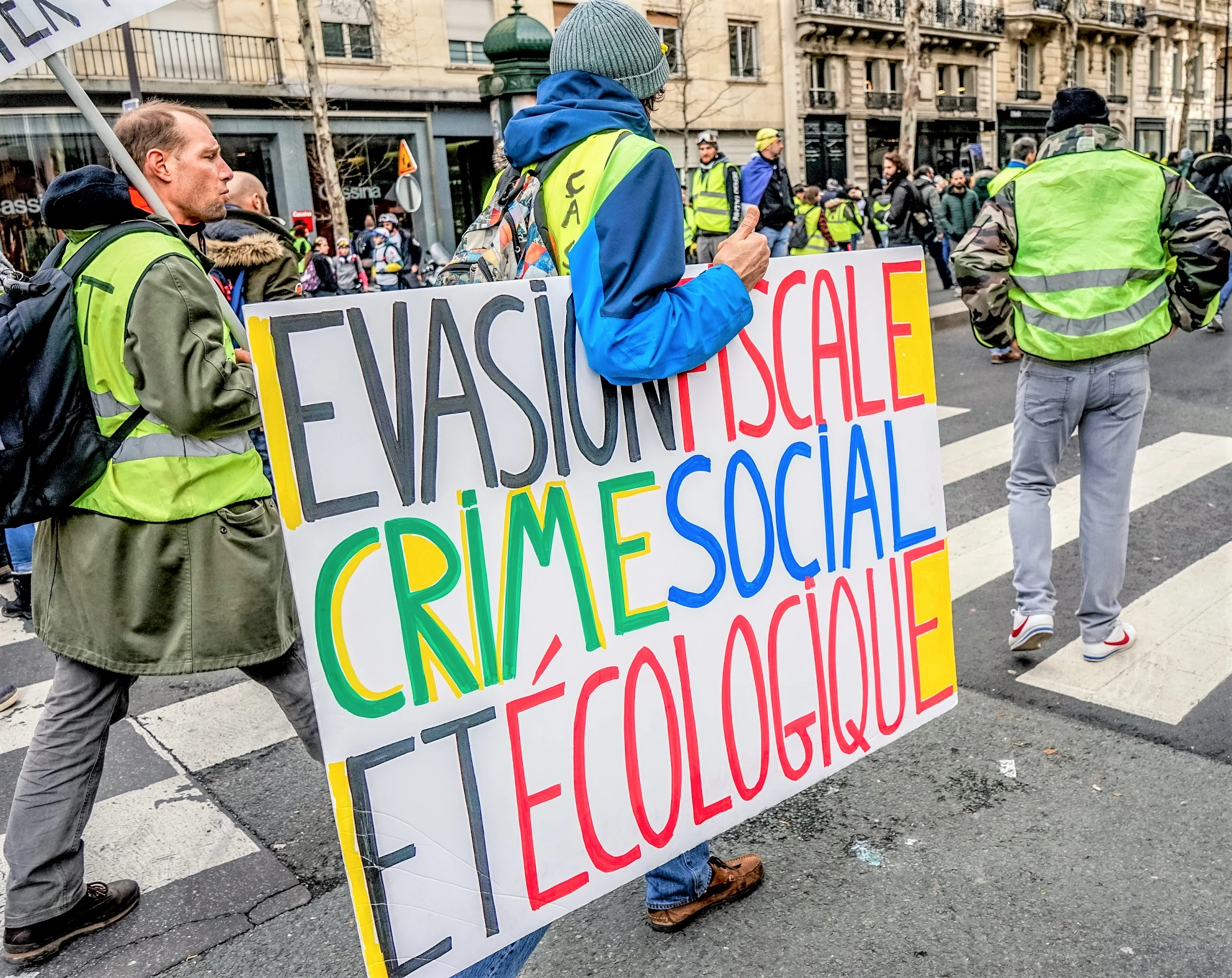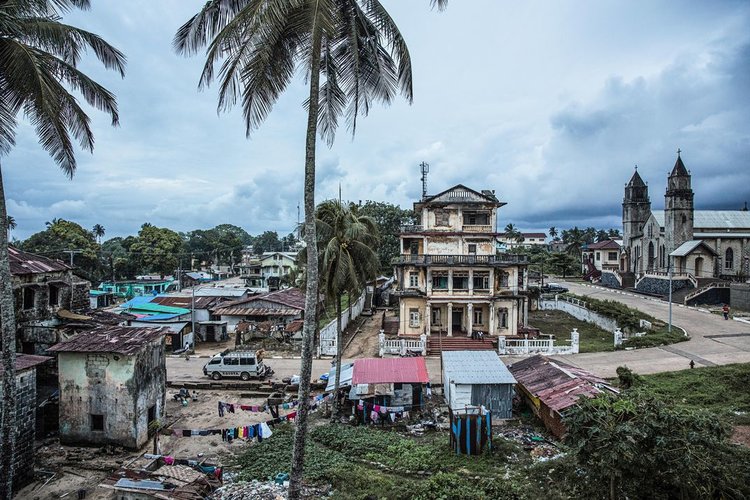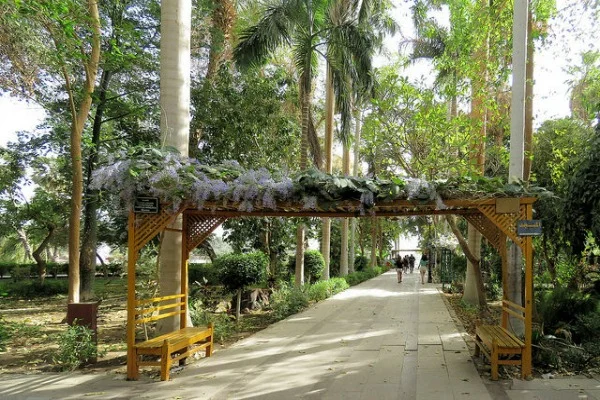"Yellow Vest" ? The Majority of French People Are Among the Richest 10% in the World
/THOUSANDS OF YELLOW VESTS (GILETS JAUNES) PROTESTS IN PARIS CALLING FOR LOWER FUEL TAXES, REINTRODUCTION OF THE SOLIDARITY TAX ON WEALTH, A MINIMUM WAGE INCREASE, AND EMMANUEL MACRON'S RESIGNATION AS PRESIDENT OF FRANCE, 09 FEBRUARY 2019. BY NORBU GYACHUNG, CC BY-SA 4.0. VIA WIKI COMMONS.
" Yellow Vest " ? The Majority of French People Are Among the Richest 10% in the World
In France, the concern for inequality makes poverty invisible. For example, the organization Oxfam, whose name is related to the famine ( Ox ford Committee for Fam ine Relief), focused his campaign on the rich. The media gave the names of billionaires who would own as much as half of humanity but did not say a word about the poor. Yet, naming poor people increases their sympathy for them and promotes altruistic decision, as many studiesshow.
The invisibility of the poor could be explained by the current context. After long months of saying that yellow jackets "suffer", that they are "in distress" and can not "make ends meet" or "fill their fridge", can we still talk about those who live on $ 1.90 a day?
There is certainly good news: the proportion of the world's poor has fallen drastically. Forty years ago, it was over 40%. Today, only 10% of the world's population lives on $ 1.90 a day. Half of these people live in Africa.
So, imagine that you have 100 euros to give. You can give them to Christian, one of my students, born in Burkina Faso: he will send them to his family who live with $ 1.90 a day, as nearly half of Burkinabe. But you can also give them to Eric, father and driver, who earns a little more than 54 euros per day, the value of the daily smic.
How are you going to spend those 100 euros?








